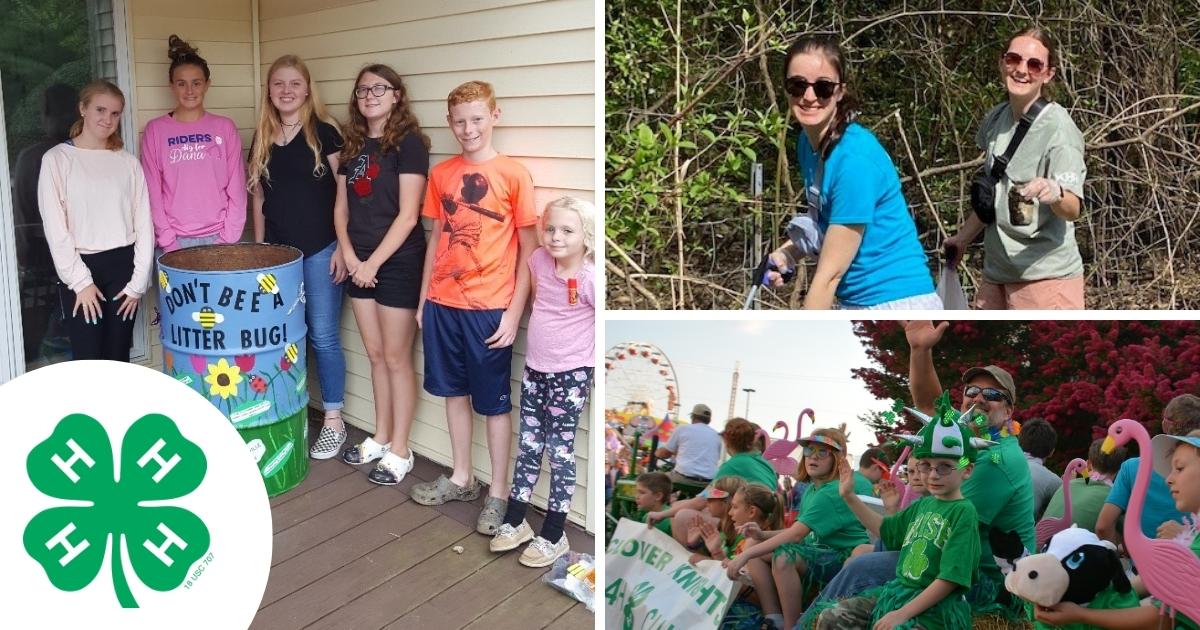
Category: Cooperative Extension

Now’s the time: Start a 4-H Club!
April 20, 2023 Written by Kristin Cook, 4-H Youth Development Agent
4-H is the youth development program provided by the University of Delaware, as part of the Cooperative Extension Service, in the College of Agriculture and Natural Resources. 4-H is a community of young people who are supported by caring adults who support positive youth development. Youth members engage in projects that are fun and educational; most curriculum available is a result of the university network of land grant universities.4-H leaders serve as the caring adults who provide these fun learning experiences.
Participating in a youth development program is more important now than ever. The overall goal of the 4-H program is to support youth in developing to their full potential on their journey to adulthood. 4-H provides youth with a safe and inclusive environment, presents learning in an engaging way, provides the opportunity for mastering new skills, encourages youth to see themselves as an active participant in the future, strengthens self-determination and builds an opportunity to value and practice service for others. 4-H leaders organize opportunities for youth to engage in these positive experiences with the help of the staff at the local 4-H office.
4-H clubs in the community are the most common ways that the 4-H program is delivered. Think of 4-H club meetings as learning laboratories, where members develop social skills, including communicating and working with others, practice leadership skills, develop strong character and become responsible citizens by participating in community service activities in a safe and familiar environment.
You don’t need a lot of extra time to start a 4-H club; in fact, you can be busy and still start a 4-H club! Most people start 4-H clubs because (1). they have children or grandchildren involved (2) they had a positive experience with 4-H or (3) because they know the value of the 4-H program and are interested in helping their community by providing a positive experience for youth. Research on 4-H youth development volunteers finds that those who volunteer have better health and happiness than those who do not. Additionally, research also suggests that individuals who volunteer exhibit growth in personal skills, leadership skills and general knowledge. They form social relationships with others and network around common topics of interest. Volunteers generally value the idea of giving back to improve the quality of life in and around the community.
Is becoming a 4-H leader right for you? If you have an interest in providing a positive experience for youth in your community or giving back to your community, then you are right for the position. You might have a special interest or hobby that you want to share, but that is not necessary. Reach out to the county 4-H program in your area and let the 4-H admin know that you are interested. They can provide you with the necessary information to become an approved leader, which includes a written application and approval for the University of Delaware to conduct a background check.
